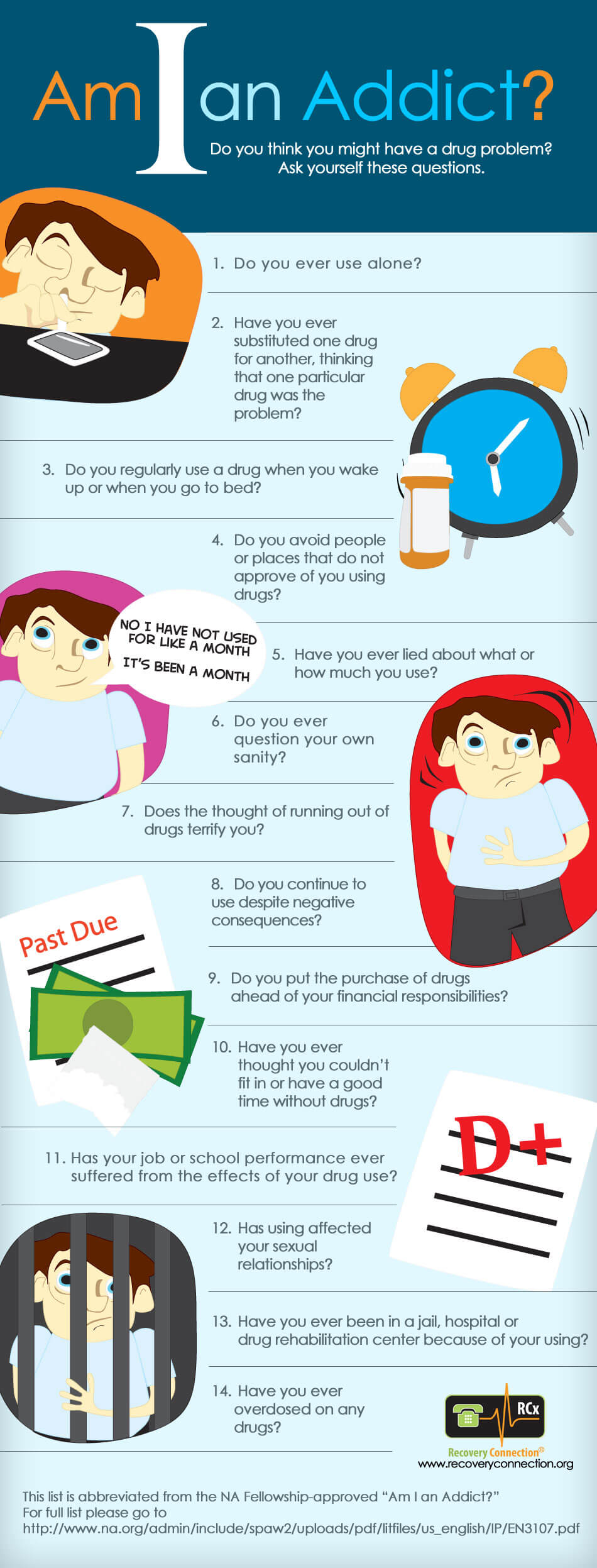Uncover The Value Of Aftercare In Drug Rehabilitation For Attaining Long-Term Healing, And Acknowledge The Crucial Elements That Can Aid You Remain On Your Path To Sobriety
Uncover The Value Of Aftercare In Drug Rehabilitation For Attaining Long-Term Healing, And Acknowledge The Crucial Elements That Can Aid You Remain On Your Path To Sobriety
Blog Article
Material Created By-McPherson Miller
Aftercare is an essential element of your recovery journey. It offers the recurring support you need as you shift back to every day life. With effective aftercare, you can deal with triggers and stressors head-on while enhancing the skills you have actually discovered. However what exactly does a strong aftercare plan resemble, and exactly how can it help you keep your soberness? Allow's discover the key elements that make a distinction.
Understanding Aftercare: What It Is and Why It Matters
Aftercare is critical in the healing journey, particularly after finishing a drug rehab program. It describes the support and resources readily available to you as you shift back right into every day life.
This stage assists you maintain sobriety, stopping relapse by attending to prospective triggers and stressors. Comprehending Best Alcohol & Drug Rehab FL identifying its importance in reinforcing the skills you found out throughout rehab.
You'll deal with difficulties outside the structured atmosphere, and having a strong aftercare plan can make all the difference. It's not almost staying clear of compounds; it's about building a healthy way of living and developing a helpful network.
Key Components of a Reliable Aftercare Plan
A strong aftercare strategy is important for preserving the progress you made throughout rehabilitation. First, https://www.justice.gov/usao-cdca/pr/ex-president-and-ceo-long-beach-substance-abuse-treatment-provider-sentenced-7-years -up appointments with your therapist or counselor help you stay responsible and concentrated on your goals.
Next, consider signing up with support groups, like Twelve step programs or Narcotics Anonymous, to connect with others who comprehend your trip.
Incorporating healthy routines, such as exercise, mindfulness, and nutrition, also reinforces your recuperation. In addition, recognize triggers and establish dealing strategies to handle food cravings properly.
Establishing a strong support system of friends and family that urge your soberness is crucial. Lastly, create a regression avoidance plan that describes certain activities to take when you feel lured.
These parts collectively contribute to an effective shift back into daily life.
Conquering Difficulties: Strategies for Remaining Sober After Rehabilitation
Although remaining sober after rehabilitation can be difficult, there work techniques to help you conquer challenges.
First, build a strong support network. Surround yourself with close friends, family, and sober peers that understand your journey.
Next off, take part in normal therapy or support system. These provide a safe room to share your struggles and obtain insights.
Establish a daily regimen that consists of healthy routines, such as workout and mindfulness, to keep your mind concentrated.
Additionally, stay clear of triggers by acknowledging settings or situations that attract you to utilize materials.
Lastly, set realistic goals for your recovery. Commemorate small triumphes to keep motivation.
Verdict
To conclude, aftercare is important for your lasting success in recovery. By participating in recurring assistance and making use of effective aftercare plans, you can browse everyday difficulties and stay sober. Remember, it has to do with developing a solid network and developing healthy and balanced routines that strengthen what you learned in rehabilitation. Embrace the sources available to you, stay dedicated, and do not wait to reach out for assistance when required. Your journey to sustained healing continues past rehabilitation-- make it count!
